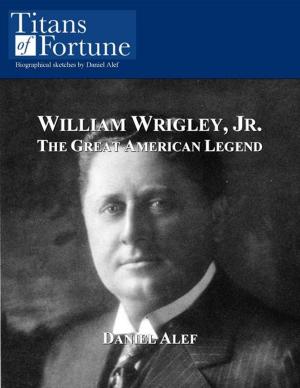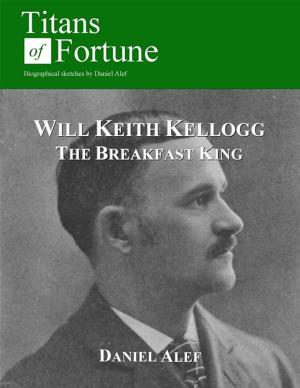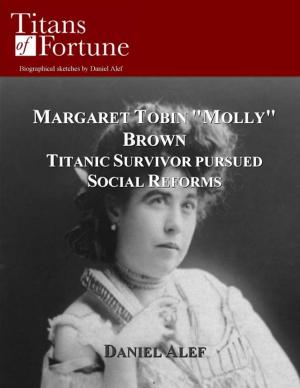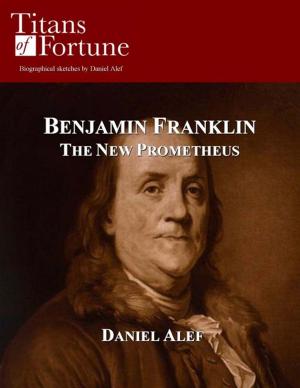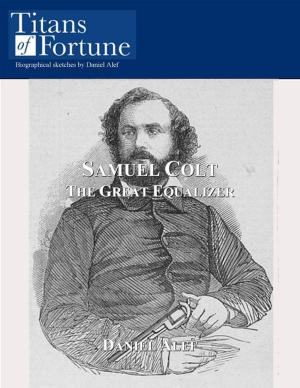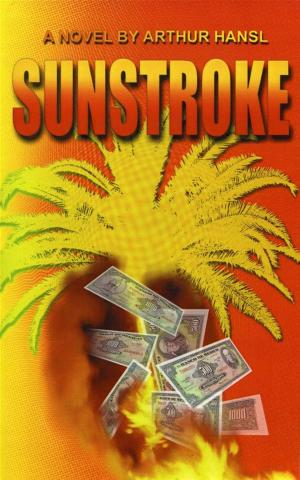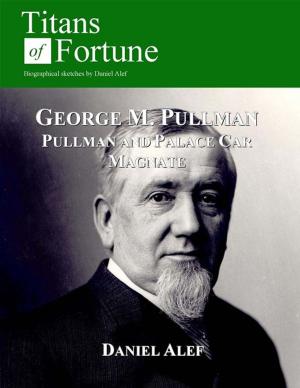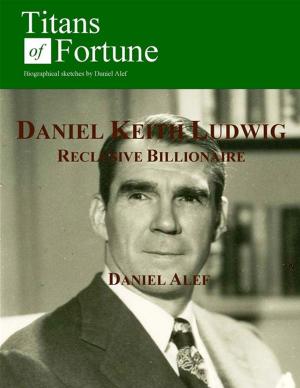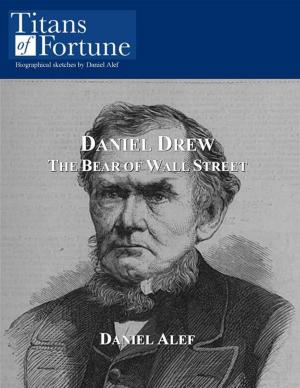J.P. Morgan: America's Greatest Banker
Business & Finance, Economics, Money & Monetary Policy, Finance & Investing, Banks & Banking, Biography & Memoir| Author: | Daniel Alef | ISBN: | 9781608043149 |
| Publisher: | Titans of Fortune Publishing | Publication: | June 28, 2011 |
| Imprint: | Meta4 Press | Language: | English |
| Author: | Daniel Alef |
| ISBN: | 9781608043149 |
| Publisher: | Titans of Fortune Publishing |
| Publication: | June 28, 2011 |
| Imprint: | Meta4 Press |
| Language: | English |
Thomas Jefferson and Andrew Jackson were staunch opponents of a national bank. When President Jackson let the charter of the second bank lapse after 20 years it left the nation unprepared and powerless to respond quickly or effectively to major economic declines or emergencies. J. Pierpont Morgan became America's central bank initiating monetary policies that saved the nation from a severe depression on more than one occasion. During the Panic of 1907 Pierpont called a meeting of all the leaders of America's major trusts and banks locked them in his library and would not allow them to leave until they had struck an agreement that would avert a national economic collapse--a plan he orchestrated. Six years later the hero of 1907 had become a metaphor for all of America's economic ills. Congressional hearings concluded that too much power over the nation's economy resided in a single man. The backlash against America's greatest banker brought about the federal income tax the Federal Reserve and the Clayton Anti-trust Act. Morgan was one of America's wealthiest men yet he could have been considerably more wealthy perhaps the wealthiest if greed and money had been his principal goals. They were not. Upon Pierpont's death even Rockefeller expressed surprise at Pierpont's relatively modest estate of 100 million--Rockefeller was worth 10 times more--and said: "And to think he wasn't even a rich man." [5399-word Titans of Fortune article including a timeline further reading and video links]
Thomas Jefferson and Andrew Jackson were staunch opponents of a national bank. When President Jackson let the charter of the second bank lapse after 20 years it left the nation unprepared and powerless to respond quickly or effectively to major economic declines or emergencies. J. Pierpont Morgan became America's central bank initiating monetary policies that saved the nation from a severe depression on more than one occasion. During the Panic of 1907 Pierpont called a meeting of all the leaders of America's major trusts and banks locked them in his library and would not allow them to leave until they had struck an agreement that would avert a national economic collapse--a plan he orchestrated. Six years later the hero of 1907 had become a metaphor for all of America's economic ills. Congressional hearings concluded that too much power over the nation's economy resided in a single man. The backlash against America's greatest banker brought about the federal income tax the Federal Reserve and the Clayton Anti-trust Act. Morgan was one of America's wealthiest men yet he could have been considerably more wealthy perhaps the wealthiest if greed and money had been his principal goals. They were not. Upon Pierpont's death even Rockefeller expressed surprise at Pierpont's relatively modest estate of 100 million--Rockefeller was worth 10 times more--and said: "And to think he wasn't even a rich man." [5399-word Titans of Fortune article including a timeline further reading and video links]


